Dr Malcolm Sloan: 50 Years at College

(Image left caption: On the touch line supporting House Pots)
Retiring this summer, Malcolm Sloan has completed a remarkable 50 years at College. His service has been wide- ranging, considerable and crucial; he is one of those people about whom it can honestly be said has shaped the direction and success of College. He has achieved this without ever seeking the limelight or personal prominence.
Brought up near Omagh, he read Chemistry at Queen’s University, Belfast and then continued in research to a PhD. Coming from a family of teachers, he then undertook a PGCE course at Cambridge and for his teaching practice he was assigned to Cheltenham College. The Headmaster, David Ashcroft, quickly recognised his quality and offered him a full- time job, starting in September 1973.
In the classroom he had a natural authority and the pupils always knew who was in charge – it didn’t take long for him to acquire the ‘Paddy’ nickname but no pupil would ever dare utter it in his hearing. He was very much at home in teaching the intricacies of the Periodic Table, organic chemistry and all the associated practical work.
He soon became Assistant Housemaster to Colin Auger in Southwood and his College bachelor life ended when he married Cathy, who was then the Junior School’s Catering Manager. The birth of their son, Jonathan, coincided with Malcolm taking over Christowe in 1983. In those days, the boarding houses were very different in atmosphere to those of today and the boys did not make it easy for a new Housemaster to take charge. Malcolm’s sheer doggedness and determination to change things worked well and within a few years Christowe had become an academically high- achieving House, strong in music and self-confident in its stability. Malcolm’s secret was to seek out a boy’s interests and strengths and then make sure he had the opportunities to exploit them. His ‘tough love’ approach changed Christowe from a hearty, sport-obsessed House to a much more rounded and civilised place.

(Image right caption: Malcolm presented the first Sloan Cup in 2008 to Pippa Wreford [née Mitchell, A, 2008].)
At the end of his stint as Housemaster, Malcolm was the clear choice to assume the role of Second Master. His experience in Christowe and his intimate understanding of how College ticked made him an invaluable advisor to Headmasters, Housemasters and all members of Common Room. Having two of his children, Jonathan and Rachael, go through College also gave him new insights into the Cheltonian psyche (his other daughter, Caroline, went to Cheltenham Ladies’ College). He had a remarkable second- sense in knowing what was happening amongst the pupils and always had a practical solution to most problems.
Pupils found him a firm disciplinarian but as they progressed through College they perceived the warmth and good humour that lay beneath the gruff exterior. The twinkle in the eye and the ready quip were always there, but just the mention of the words ‘Dr Sloan’ was often enough to deter a potential miscreant.
Malcolm’s sternest test came in 1997 when he found himself having to steer the College through a very public crisis. The loss of a Headmaster and the resignation of most of the College Council left him in charge of the school for two terms until a new Head took up the reins. His ability to keep the school running and then to help Paul Chamberlain bring College back to health was a considerable feat for which all who lived through that period are profoundly grateful.
He remained Second Master/Deputy Head until his retirement from teaching in 2008. Always willing to embrace improvements, he remained an invaluable support to the whole College community. He always fought hard to retain that balance of academic, pastoral, sporting and cultural aspects that is so central to the success of College.
After putting aside his teaching and management roles, he was asked to join the Cheltonian Society and Development Office because of his unrivalled knowledge and personal connections with thousands of Old Cheltonians. He has been invaluable in improving contact and communication with OCs, welcoming visitors and organising social and fundraising events. It is very evident that OCs who were at College in Malcolm’s era and after have much warmer feelings for the old school than previous generations. It is not coincidental that this change in relationship has blossomed in parallel with Malcolm’s time at College.
A special lunch was held in early June in honour of his 50 years at College. The warmth of tributes on that occasion left nobody in doubt about the enormous impact that Malcolm has made.
We wish Malcolm and Cathy a very happy retirement.
Barry Wild (Hon OC, College staff 1982-2012)

